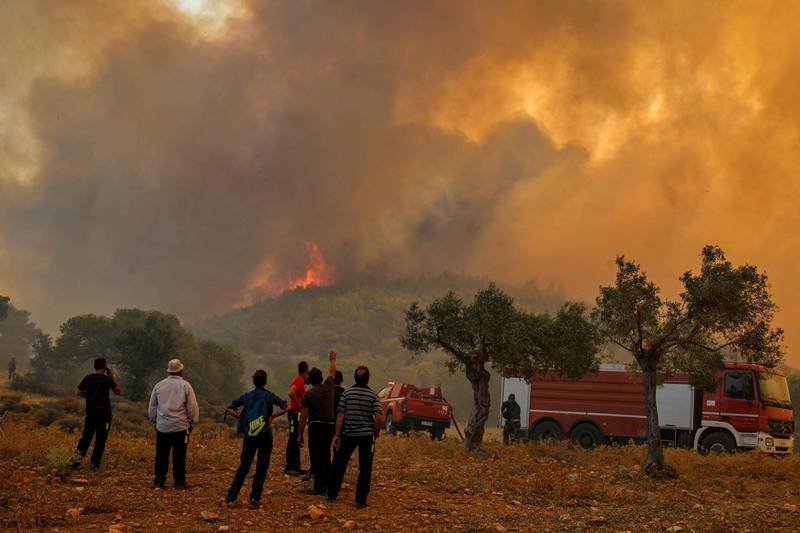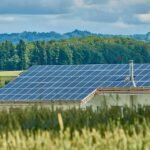Record-breaking heatwaves could push global warming beyond the critical 1.5°C benchmark in the next decade. However, the United Nations’ top climate scientist, Jim Skea, believes there is still a chance to meet the goal of curbing the rise in global temperatures. Skea stated that it is “still technically possible” to limit the temperature increase to 1.5°C, which would help mitigate the devastating impacts of climate change such as floods and droughts. He also mentioned that there is enough financial resources available to tackle this crisis if it can be mobilized from the private sector.
It may take several years to confirm whether the 1.5°C mark has been officially crossed since scientists analyze a 20-year temperature average. Currently, temperatures are approximately 1.1°C above pre-industrial levels. However, last year saw extreme heat records being broken, with many days surpassing the 1.5°C threshold. Satellite monitoring indicates that global temperatures may be higher than they have been in the past 100,000 years.
If the 1.5°C limit is breached, efforts will need to focus on removing carbon dioxide from the atmosphere or exploring more radical engineering options to save the planet. Pledges made at the recent Cop28 talks in the UAE, including a global commitment to transition away from fossil fuels, were aimed at keeping hope alive for achieving the 1.5°C goal.
Speaking at an event hosted by the International Institute for Environment and Development, Skea emphasized the importance of clear scientific advice to mobilize the trillions of dollars needed to help countries adapt to a warmer climate. These funds would support measures such as flood defenses and drought-resistant farming techniques. Skea expressed optimism that with the right indicators, metrics, and targets, adaptation projects could become more attractive to the private sector.
Meanwhile, diplomats from vulnerable countries are urging progress on adaptation efforts. While the recent talks in the UAE addressed fossil fuels and climate disaster costs, discussions on funding and global adaptation targets were deferred to Cop29 in Azerbaijan. Many least developed countries are currently experiencing extreme weather events, such as floods and droughts, and are in need of financial support to cope with these catastrophes.
As the world faces a crucial year of elections, vulnerable countries are hoping for leaders who understand the reality of climate change and its impact on the most vulnerable nations. The outcome of Cop28 has generated momentum, but strong leadership is required to drive the climate change agenda forward.
In conclusion, while the world is at risk of surpassing the 1.5°C global warming threshold, there is still hope to mitigate the worst effects of climate change. With sufficient financial resources and strong leadership, it is technically possible to meet the goal of limiting the temperature rise. However, urgent action is needed to mobilize funds, implement adaptation measures, and address the challenges presented by climate change.




